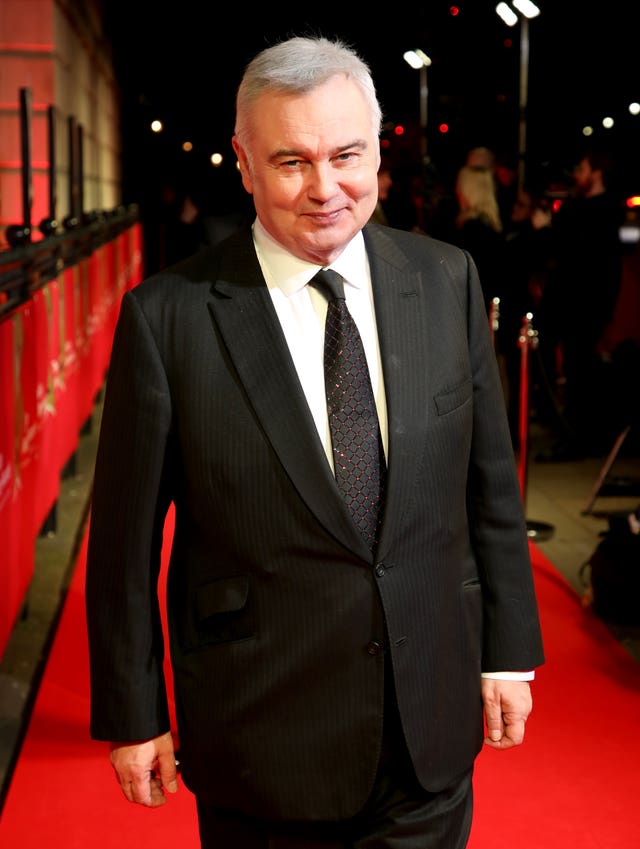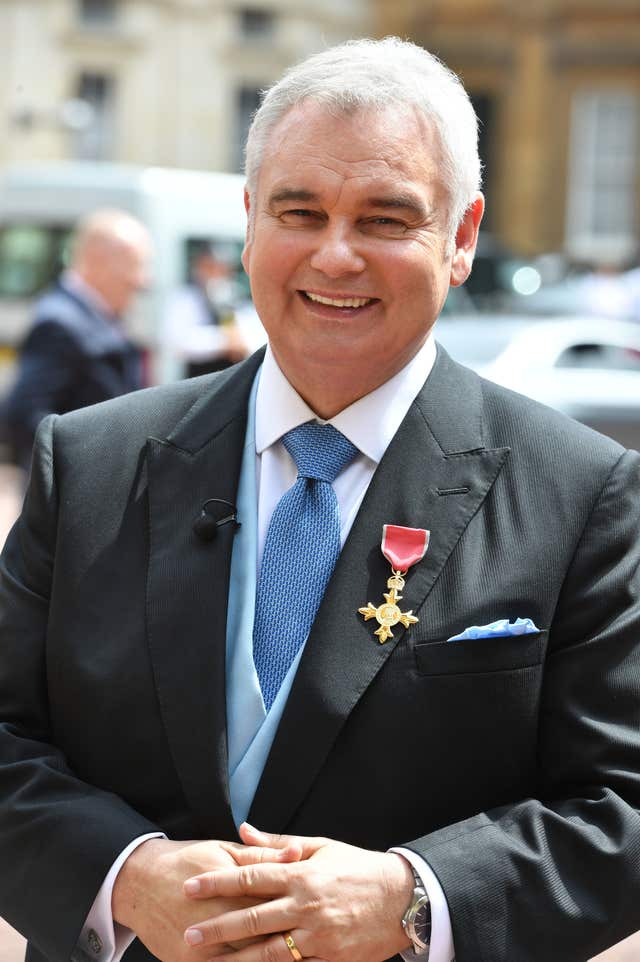Scientists have criticised This Morning presenter Eamonn Holmes over comments he made about 5G technology and coronavirus.
The host said that it was “very easy” to dismiss the conspiracy theory that there is a link between Covid-19 and the technology “because it suits the state narrative”.
One expert said that his unfounded comments could cause “untold damage”, while another said that he does not have the necessary knowledge or qualifications to comment on the subject.
Holmes spoke out on the ITV show after presenter Alice Beer branded the conspiracy theories which link them as “ridiculous” and “incredibly stupid”.

The host, 60, who was co-presenting with wife Ruth Langsford, responded that “it’s very easy to say it is not true because it suits the state narrative”.
He told Beer: “I totally agree with everything you are saying but what I don’t accept is mainstream media immediately slapping that down as not true when they don’t know it’s not true.
“No-one should attack or damage or do anything like that but it’s very easy to say it is not true because it suits the state narrative.”
The presenter added: “That’s all I would say, as someone with an inquiring mind.”
Prof Brendan Wren, professor of microbial pathogenesis at the London School of Hygiene & Tropical Medicine, criticised his comments.
He said: “I welcome enquiring minds, but this needs to be based on some fact and not pedalled as a conspiracy as this causes untold damage.”
Holmes’ remarks were also criticised by Dr Michael Head, senior research fellow in global health at the University of Southampton.
He said: “The world of infectious disease experts, covering a wide range of disciplines, backgrounds, countries and employers are united in that we know how transmission of a virus works.
“Holmes is not known for his scientific expertise and appears to have very little in the way of relevant qualifications, experience or any kind of written track record in peer-reviewed journals.”
Dr Simon Clarke, associate professor in cellular microbiology at the University of Reading, said that the idea that Covid-19 is caused by 5G mobile signals is “complete rubbish”.

He added: “The opinions of the mainstream media or the state hardly come into the debate; numerous doctors and scientists around the world have said that the disease is caused by a virus, something completely different to a mobile phone signal.”
After the programme was broadcast, Holmes defended his on-air comments by saying that he “didn’t spread” the conspiracy theory.
“I reserve the right to listen and question,” he added.
ITV has been approached for comment.
